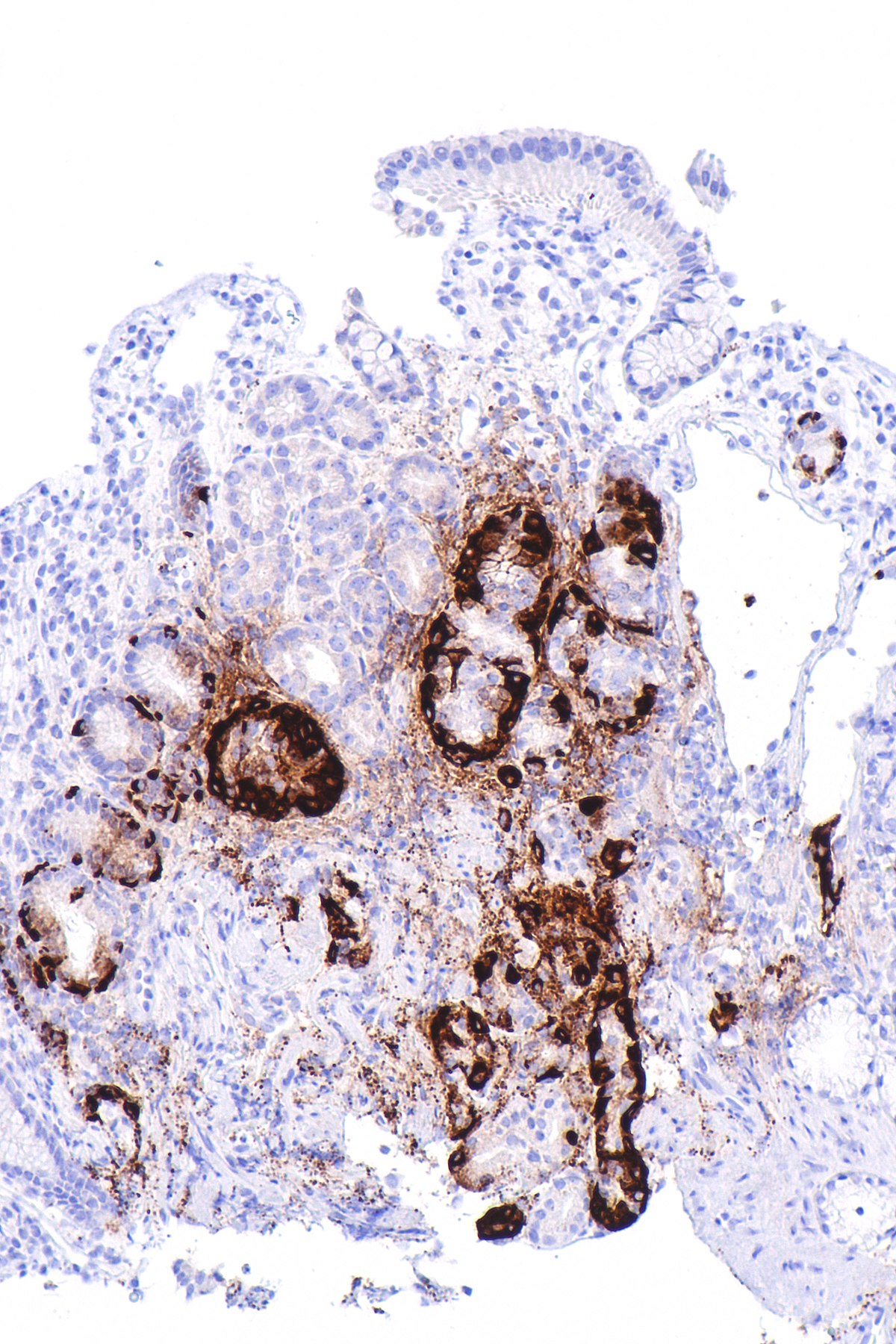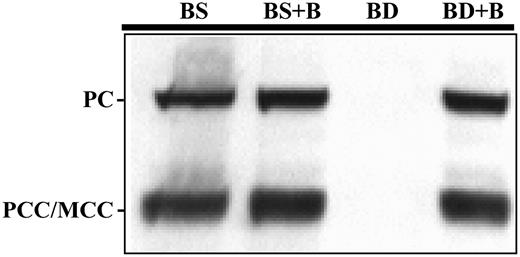- Joined
- Oct 30, 2015
- Messages
- 819
Trying to help a 73 yo male with chronic low ferritin, hemoglobin, RBC and fatigue even with multiple iron infusions
While there is low grade Inflammatory bowel disease, no overt bleeding has been detected.
It seems like the iron is taken up by cells and doesn't bind ferritin nor to produce hemoglobin
Insulin and kidney markers are great despite obesity and ceruloplasmin and copper levels are within normal
ESR is normal by CRP is high
TSH is below 2 but not at 0.5 and the temperature is relatively high at close to 37
What might prevent iron to bind to ferritin and to be used to form hemoglobin?
While there is low grade Inflammatory bowel disease, no overt bleeding has been detected.
It seems like the iron is taken up by cells and doesn't bind ferritin nor to produce hemoglobin
Insulin and kidney markers are great despite obesity and ceruloplasmin and copper levels are within normal
ESR is normal by CRP is high
TSH is below 2 but not at 0.5 and the temperature is relatively high at close to 37
What might prevent iron to bind to ferritin and to be used to form hemoglobin?



